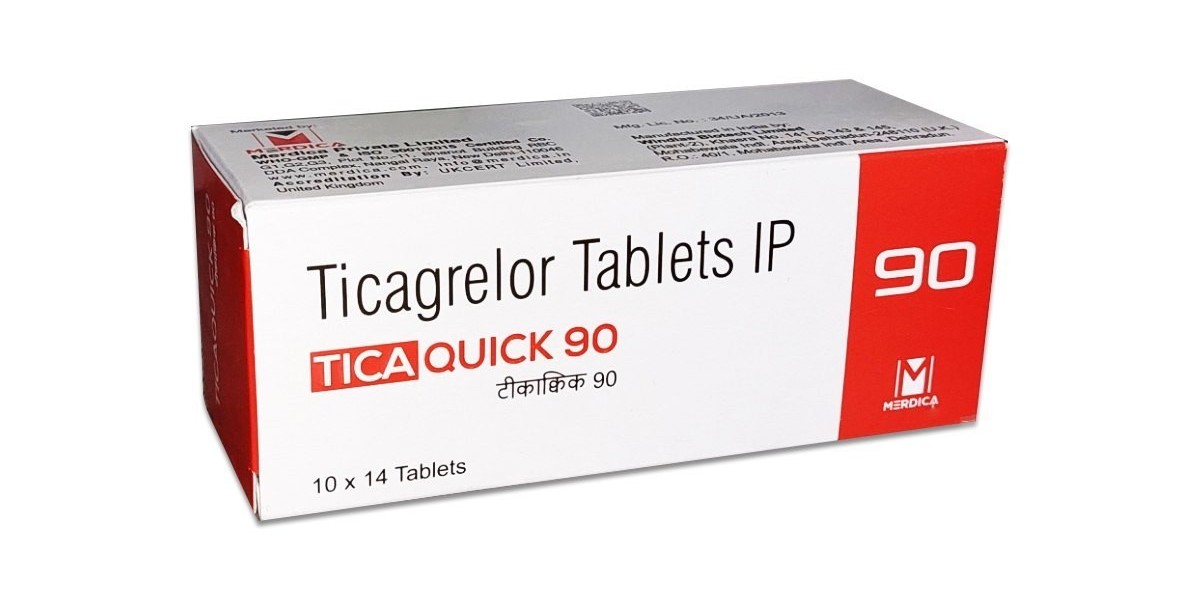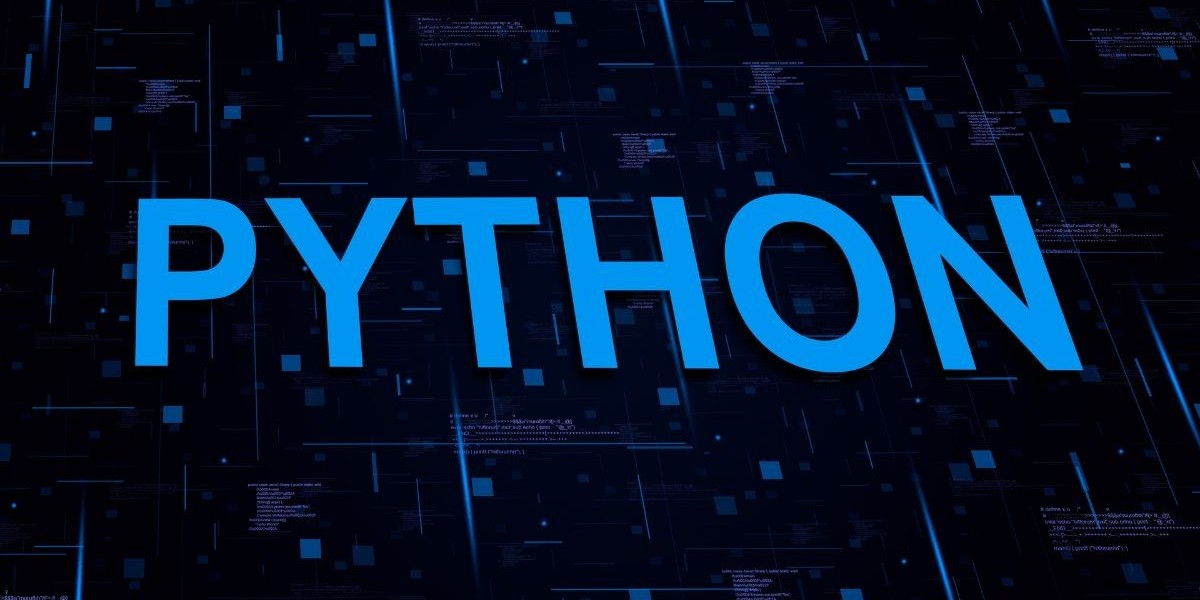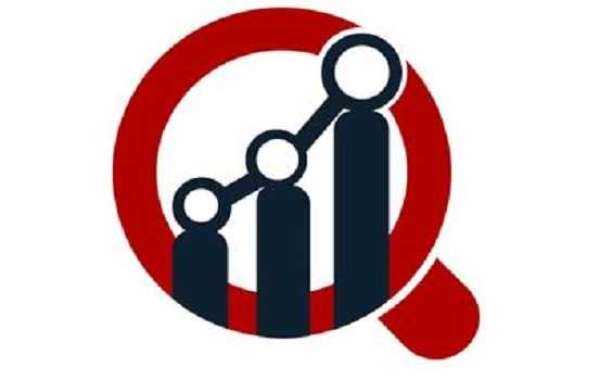Mechanism of Action
Ticagrelor is an oral, reversible inhibitor of the P2Y12 subtype of the ADP receptor on platelets. When activated by adenosine diphosphate (ADP), the P2Y12 receptor enhances platelet activation and aggregation which plays a key role in atherothrombosis. By selectively and reversibly binding to the P2Y12 receptors, it inhibits ADP-mediated platelet activation and aggregation. Unlike clopidogrel, it does not require metabolic activation and inhibition is almost immediate with a fast onset of action within 30 minutes of dosing.
Pharmacokinetics
It is rapidly absorbed after oral administration with a time to maximum plasma concentration of around 1.5 hours. The absolute bioavailability of it is around 36%. It is extensively metabolized in the liver primarily by CYP3A4 to both active and inactive metabolites. The major circulating metabolite AR-C124910XX has similar pharmacological activity as the parent drug. The elimination half-life of it is about 7-12 hours. Steady-state plasma concentrations of it and its active metabolite are reached within 3-5 days with twice daily dosing.
Clinical Efficacy
The efficacy and safety of Ticagrelor was established in the PLATO trial which randomized over 18,000 patients with acute coronary syndromes (ACS) to ticagrelor 90 mg twice daily or clopidogrel 75 mg once daily. Results showed it provided significantly better protection against the primary composite endpoint of cardiovascular death, myocardial infarction or stroke compared to clopidogrel at 12 months (9.8% vs. 11.7%; p<0.001). The benefits of it appeared early and were sustained throughout the study duration. Subgroup analyses also confirmed the consistency of its benefits.
Additional Clinical Uses
Based on the PLATO results, it is indicated for the prevention of atherothrombotic events in patients with ACS or a history of myocardial infarction. It is an alternative to clopidogrel, especially in patients who cannot tolerate high-intensity statin therapy due to muscle-related side effects. Ticagrelor is not recommended in patients with active pathological bleeding or a history of intracranial hemorrhage. Novel areas of research include investigating its potential role in various other cardiovascular settings such as stroke and peripheral artery disease.
Safety and Tolerability
The most common adverse events associated with them are bleeding complications and dyspnea. In PLATO, major bleeding occurred in 11.6% of ticagrelor-treated patients compared to 11.2% with clopidogrel. However, rates of life-threatening bleeding and fatal bleeding did not differ significantly between the two groups. It was also associated with a higher risk of non-CABG related major bleeding compared to clopidogrel. Dyspnea occurred more frequently with it (13.8% vs. 7.8% with clopidogrel) but was rarely severe or serious. Other reported side effects include ventricular pauses, bradycardia, and elevated liver enzymes.
Reversal of Anticoagulation Effects
A key difference between it and other ADP receptor inhibitors is its reversibility. Administration of a intravenous formulation of adenosine diphosphate, cangrelor or a generic ADP receptor agonist could potentially reverse ticagrelor's antiplatelet effects within hours if needed for patients who experience uncontrolled bleeding or require urgent surgery. Compared to the irreversible P2Y12 blockers, the reversibility of ticagrelor provides an advantage for managing bleeds or allowing hemostasis during surgery. However, controlled clinical data validating ticagrelor reversal strategies are still limited.
Place in Therapy
Current guidelines recommend it over clopidogrel as the preferred P2Y12 inhibitor for most patients with ACS based on the superior efficacy demonstrated in PLATO. It provides potent and consistent platelet inhibition without the need for activation. Ticagrelor's slightly higher risk of dyspnea and bleeding are considered acceptable given the significant reduction in ischemic events. As a reversible agent, it also offers greater flexibility in emergency situations than clopidogrel or prasugrel. Despite higher acquisition costs, it is cost-effective when long term clinical benefits are taken into account. Overall, it represents an important advance in antiplatelet therapy for patients at high risk of recurrent thrombotic events.
Get More Insights on Ticagrelor
Choose preferred language for better understanding-
About Author-
Ravina Pandya, Content Writer, has a strong foothold in the market research industry. She specializes in writing well-researched articles from different industries, including food and beverages, information and technology, healthcare, chemical and materials, etc. With an MBA in E-commerce, she has an expertise in SEO-optimized content that resonates with industry professionals. (https://www.linkedin.com/in/ravina-pandya-1a3984191)










